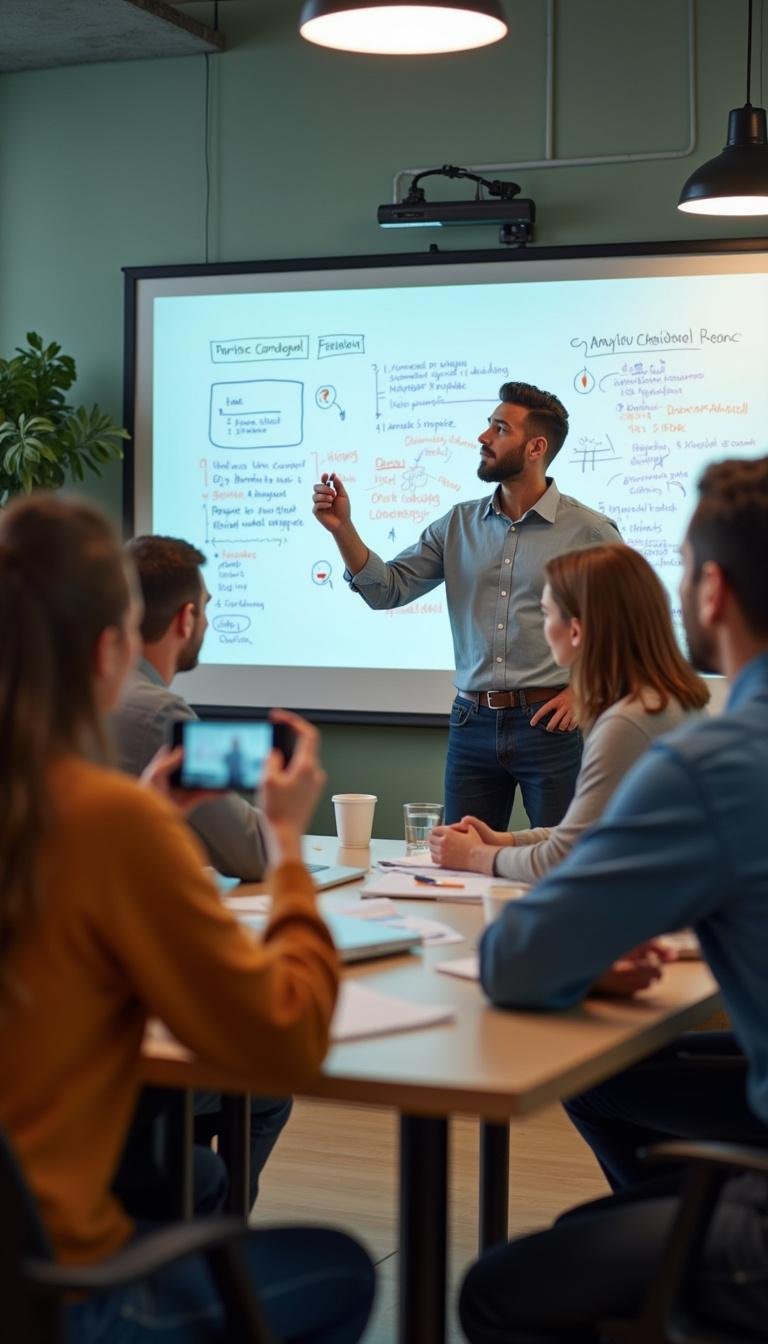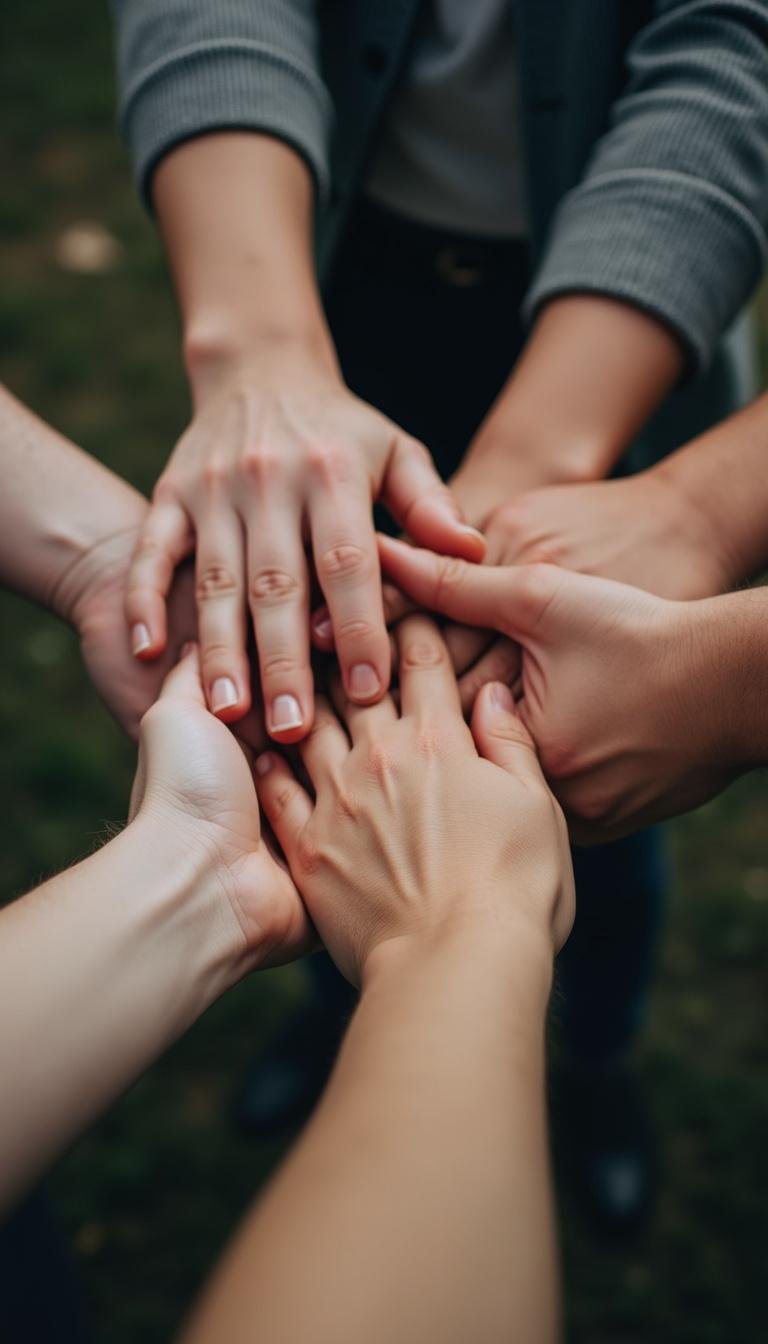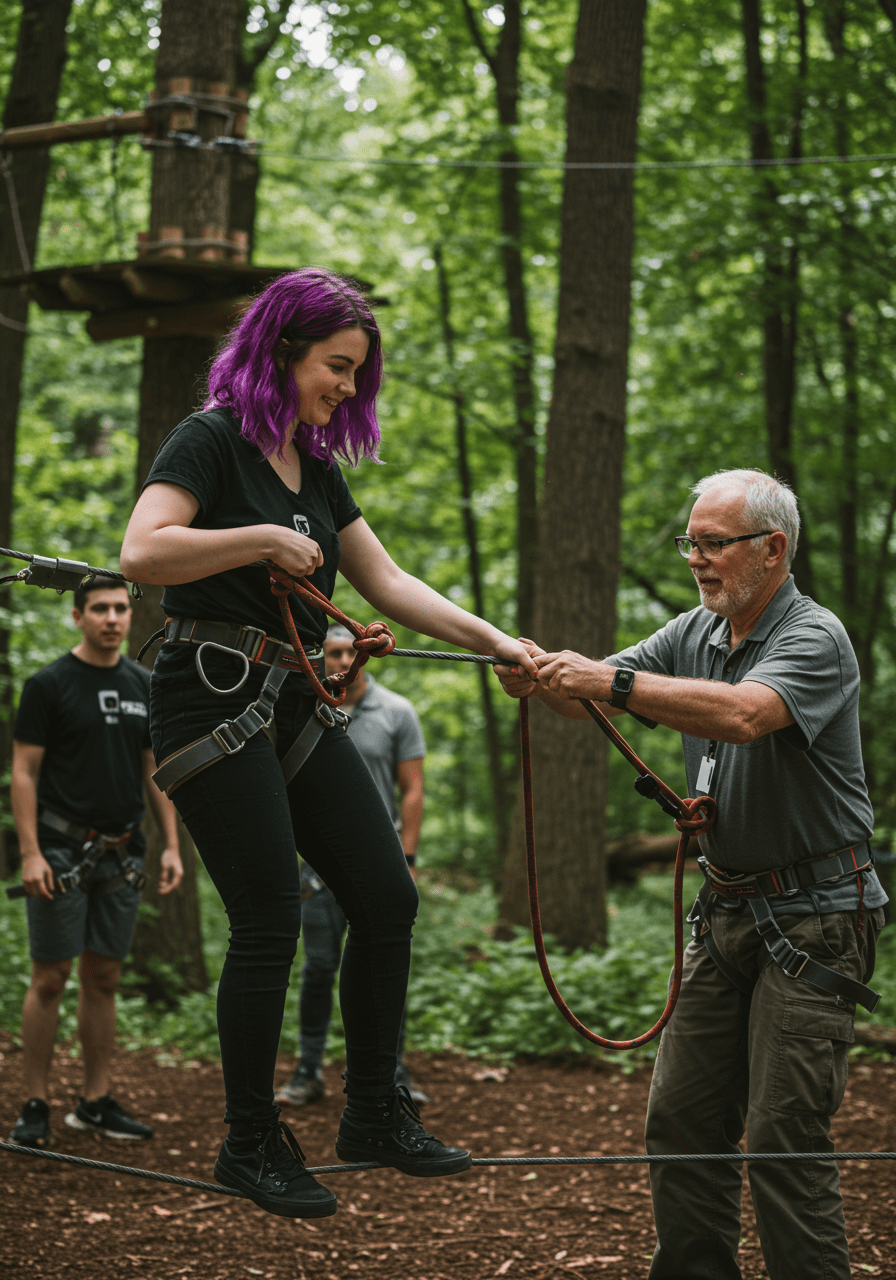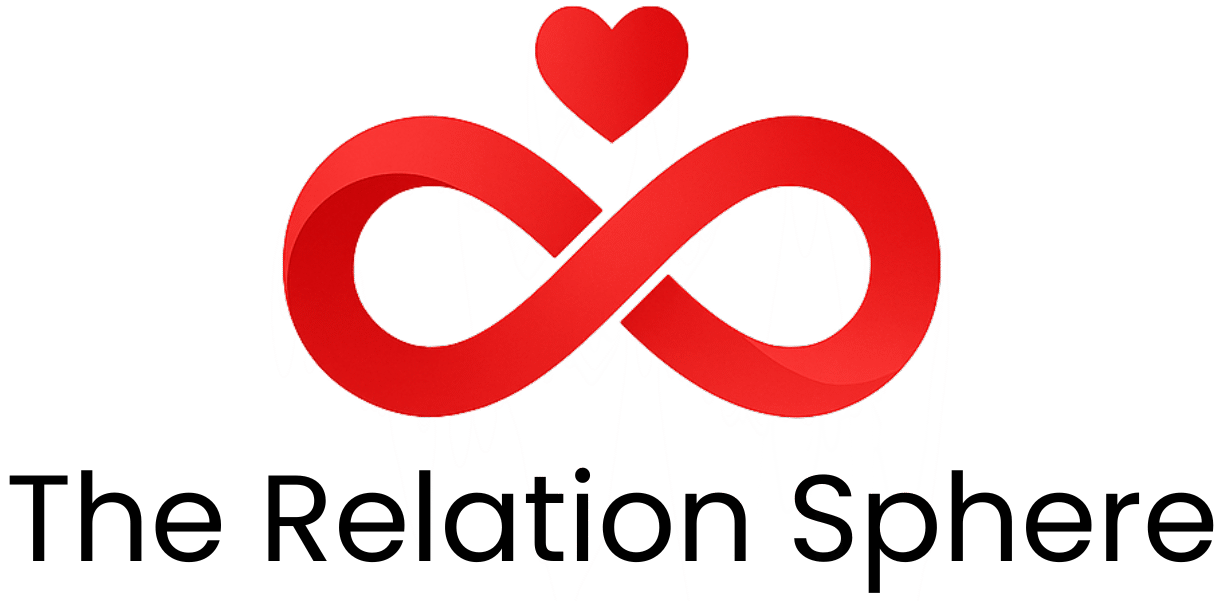1. Introduction
In today’s fast-paced, interconnected world, mastering The Psychology of Collaboration is vital for cultivating successful teamwork. Whether you’re a team leader or an active participant in collaborative efforts, understanding the underlying principles of effective teamwork can dramatically boost your project’s success. This comprehensive guide delves into the key components of genuine collaboration, practical strategies to foster strong team cohesion, and solutions to common challenges faced within team dynamics. Incorporating insights from renowned experts and the best approaches to teamwork, this article will help you understand the fundamentals of the best kw practices for building high-performing teams.
2. What Is the Psychology Behind Successful Collaboration?
The best kw teams thrive on foundational psychological principles, including trust, motivation, emotional intelligence, and mutual respect. These concepts are essential to understanding how individuals work together effectively and how team members can align their goals towards a common purpose. When organizations prioritize the mental health and relationship patterns, they create an environment where team collaboration naturally flourishes. Recognizing the role of psychology in teamwork allows leaders to implement strategies that enhance engagement, cohesion, and productivity, ultimately fostering a more resilient and adaptive team culture.

3. Effective Strategies to Promote True Teamwork
Building Trust and Psychological Safety
Establishing trust is fundamental for kw1. When team members feel secure sharing ideas and voicing concerns without fear of judgment or repercussion, collaboration becomes seamless. Incorporate tools like transparent feedback mechanisms and team check-ins, which are essential for creating an environment of psychological safety. For insights on setting healthy boundaries while remaining open, check out boundaries vs walls.
Encouraging Clear Communication
Effective communication reduces misunderstandings and enhances overall efficiency. Utilizing project management tools such as Trello or Asana, along with regular structured meetings, helps ensure everyone stays on the same page. Clear directives and consistent feedback channels improve clarity and alignment on shared goals.
Fostering Mutual Respect and Recognition
Recognizing individual contributions and respecting diverse perspectives are vital for building a cohesive team. Celebrating successes and providing positive reinforcement, such as using the best kw to nurture relationship skills, motivates team members and sustains collaborative effort over time.

4. Overcoming Challenges in Team Collaboration
Even the most last kw teams face hurdles such as miscommunication, personality clashes, and uneven workload distribution. Address these by establishing a culture of openness, promoting conflict resolution skills, and clearly defining roles and responsibilities. Incorporate tools like Love & Respect to foster mutual understanding and respect in challenging situations.
The Role of Emotional Intelligence
High emotional intelligence enables team members to understand and regulate their emotions while empathizing with others. Training programs centered around emotional awareness, like The Inner Work of Relationships, help in managing conflicts effectively and strengthening interpersonal bonds within diverse teams.
Leveraging Diversity for Innovation
Diverse teams provide a wealth of perspectives that fuel creativity and innovative solutions. Embrace differences and facilitate collaborative problem-solving sessions using engaging activities such as 50 Scratch-Off Date Night Ideas to boost team bonding and spark fresh ideas.

5. Building Trust Through Outdoor Activities
Outdoor activities serve as effective avenues for enhancing trust and team bonding. Team-building exercises, such as outdoor adventures and challenges, encourage collaboration and deepen interpersonal understanding. Use engaging tools like RISKY COUPLES to add fun elements that foster cohesion while promoting trust.

6. The Importance of Continuous Learning and Development
To master The Psychology of Collaboration, organizations should prioritize ongoing professional development. Incorporating workshops on emotional intelligence, effective communication, and conflict management—such as the best kw— encourages a culture of perpetual growth. These investments are essential for cultivating adaptable, high-functioning teams capable of meeting future challenges.
7. Frequently Asked Questions About Teamwork and Collaboration
Q: What are the essential qualities of a successful team?
A: Trust, effective communication, emotional intelligence, mutual respect, and adaptability are key characteristics. Developing these traits enhances kw1 and encourages productive collaboration.
Q: How can I improve collaboration within my team?
A: Implement strategies like encouraging open dialogue, recognizing individual contributions, and engaging in team-building activities. Additionally, utilizing tools such as Let’s Get Deep can help build deeper connections and improve overall teamwork.
Q: Why is emotional intelligence critical for teamwork?
A: Emotional intelligence promotes understanding, empathy, and better conflict resolution, leading to stronger collaboration and more cohesive team environments.
Q: What role does diversity play in effective team collaboration?
A: Diversity introduces a broad spectrum of perspectives, which cultivates creativity, drives innovation, and enhances problem-solving capabilities when actively appreciated and incorporated into team practices.
8. Conclusion
The Psychology of Collaboration underscores that successful teamwork combines psychological insights with practical implementation. Building trust, fostering transparent communication, and embracing diversity are at the heart of effective team collaboration. By integrating these core principles and continuously sharpening collaborative skills with resources like Family Compact Among Generations and other tools, you position your team for sustained success and growth. Remember, effective collaboration isn’t just about working together; it’s about building relationships that last and thrive.

